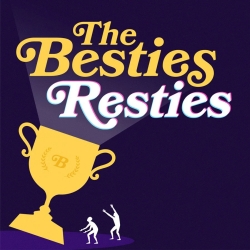 Justin McElroy, Griffin McElroy, Chris Plante, and Russ Frushtick host The Besties, a podcast where they talk about “the best game of the week” every week.
Justin McElroy, Griffin McElroy, Chris Plante, and Russ Frushtick host The Besties, a podcast where they talk about “the best game of the week” every week.
The Besties is part of the sprawling McElroy media empire, but episodes produced solely by the non-McElroy members of the show appear as a spinoff show known as The Resties, and for the last 18 months they’ve been sporadically adding games to “The Resties Required Reading List“.
Not a Best Games list, the “Required Reading List” is a collection of titles that serve as the best introduction to the wider world of video games. Plante likes to refer to it as “a syllabus for Video Games 101” and further described the project like this…
Our goal is to curate and contextualize a “must play” list of 25 games released between 1980 to 2020. These aren’t the best games or even our favorite games. They’re the games that should be experienced by everyone who wants a fundamental appreciation of the medium. They’re the games that will give you a richer connection with every other game you play.
Plante and Frushtick split the “Required Reading List” into eight episodes, each covering a five-year span that lands somewhere between 1980 and 2020. Within these smaller chunks of time they picked two-to-four games that best represent the era and a specific corner of gaming they wanted to highlight. In the end, 28 games made it through these mini-debates before the hosts cut three titles to reach their 25-game goal. Counter-Strike (from the 2000-2004 episode), along with Hearthstone and Spelunky HD (both from the 2010-2014 episode) ultimately ended up on the chopping block.
So which games did make the grade? You’ll find all the foundational classics from the 1980s (Pac-Man, Tetris, Super Mario Bros., and The Legend of Zelda), as well as the modern games that are currently moving the needle (Fortnite, The Legend of Zelda: Breath of the Wild, and Outer Wilds). In between there’s Doom (1993), Pokemon Red/Blue, Resident Evil 4 (2005), Minecraft, and more than a dozen others.
Wanting to argue with a Best Games list is the most natural reaction in the world, but it’s hard to quibble with any of the choices on “The Resties Required Reading List” as the games you need to play to best understand the history of games. Or, to steal a phrase from one of The Resties, the “Required Reading List” is a way of “thinking about the countless ways games inform our lives, our culture, and future creators”.
You can see all 25 games from “The Resties Required Reading List” after the break.

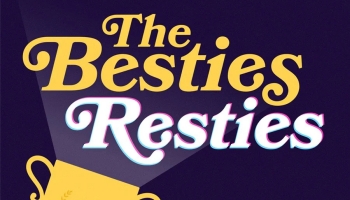
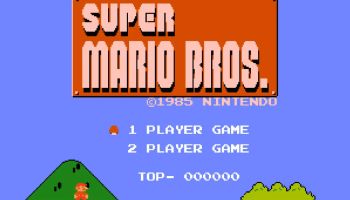

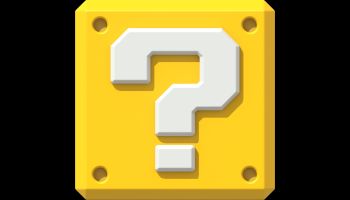
 Surprise… Surprise…
Surprise… Surprise…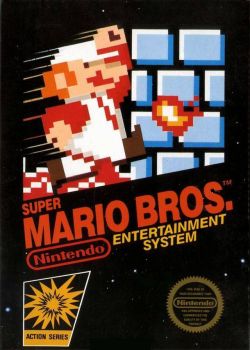 The speedrunners attempting to bend Super Mario Bros. to their will continue to inch closer to completing a perfect run. Niftski, the current recordholder for an “Any Percentage” completion of the game, bested his own mark yesterday.
The speedrunners attempting to bend Super Mario Bros. to their will continue to inch closer to completing a perfect run. Niftski, the current recordholder for an “Any Percentage” completion of the game, bested his own mark yesterday.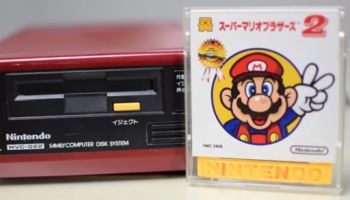
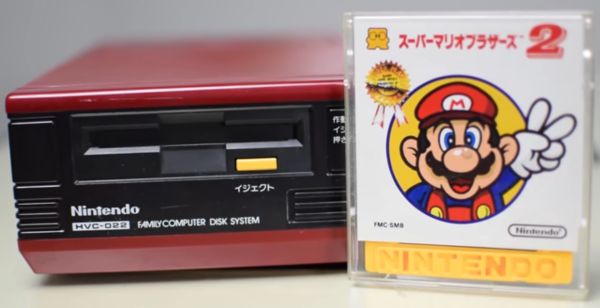
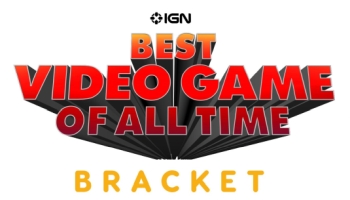
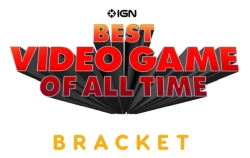 IGN’s editors and contributors have produced multiple Best Games lists over the last 20 years (the most recent, the “
IGN’s editors and contributors have produced multiple Best Games lists over the last 20 years (the most recent, the “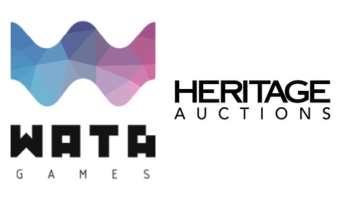
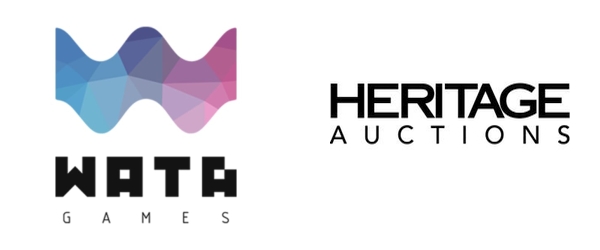
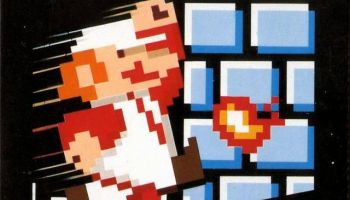
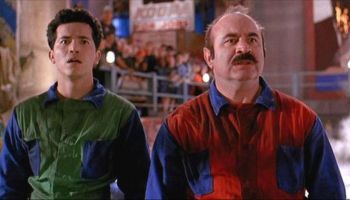
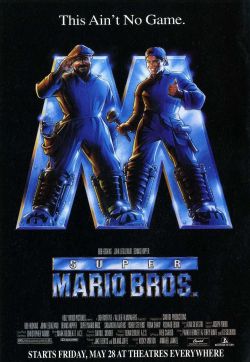 That headline might sound like some kind of bizarre April Fool’s Day hoax, but I promise, every word of it is true. Someone (two someones, actually) found an extended director’s cut of the Super Mario Bros. movie adaptation from 1993 on an old VHS tape.
That headline might sound like some kind of bizarre April Fool’s Day hoax, but I promise, every word of it is true. Someone (two someones, actually) found an extended director’s cut of the Super Mario Bros. movie adaptation from 1993 on an old VHS tape.